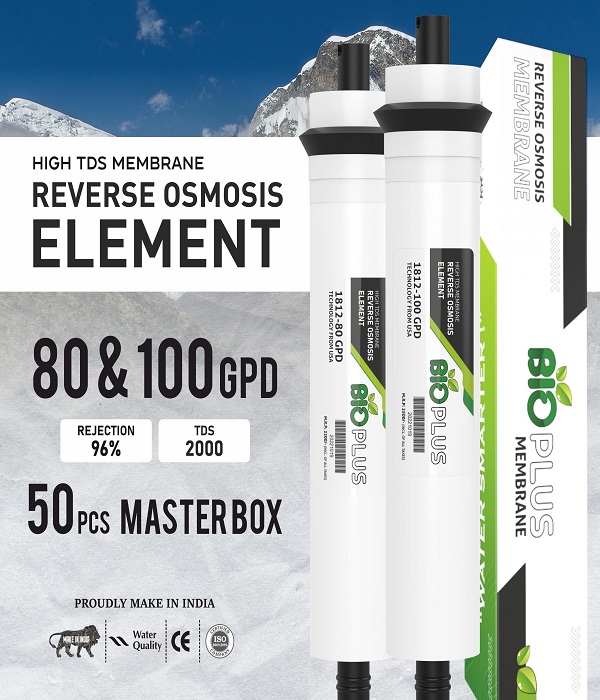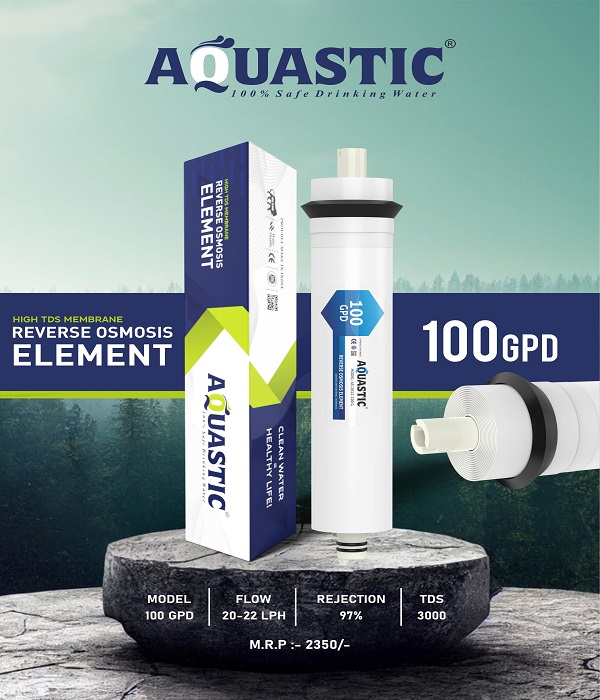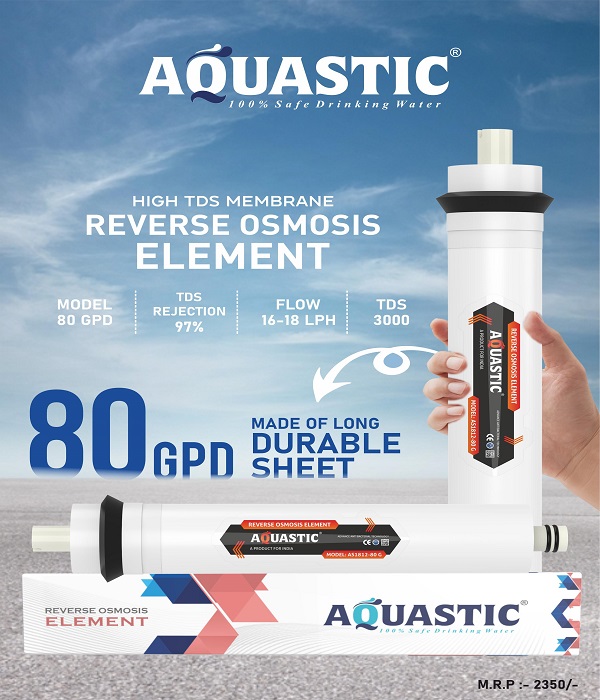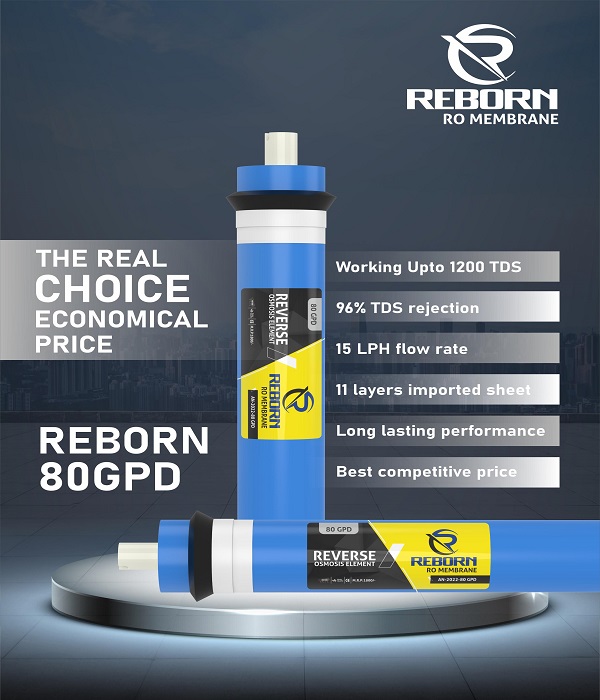The Heart of Water
Purification RO
Membranes
Within the intricate machinery of water purification systems, Reverse Osmosis (RO) membranes stand as the unsung heroes, facilitating the transformation of ordinary water into a pristine elixir of purity. In this article, we delve into the significance of RO membranes, their functionality, benefits, and their indispensable role in the purification process. RO membranes represent the pinnacle of water purification technology, offering unmatched filtration efficiency, versatility, and reliability. As the demand for clean water continues to rise, RO membranes play a crucial role in ensuring access to safe and sustainable water resources for communities, industries, and ecosystems around the world. With their ability to transform ordinary water into a source of purity and vitality, RO membranes stand as indispensable tools in the quest for a healthier and more sustainable future.
Benefits of RO Membranes
1. Superior Water Purity: RO membranes offer unparalleled purification capabilities, removing up to 99% of contaminants, including bacteria, viruses, heavy metals, and dissolved solids, resulting in water that meets the highest standards of purity.
2. Versatility: RO membranes are highly versatile and can be customized to target specific contaminants and water conditions, making them suitable for various applications, from residential drinking water systems to industrial process water treatment.
3. Energy Efficiency: Despite their exceptional filtration performance, RO membranes are energy-efficient, requiring relatively low pressures compared to other membrane filtration technologies, thereby minimizing energy consumption.
4. Longevity: High-quality RO membranes are designed to withstand prolonged use and maintain their filtration efficiency over time, resulting in extended lifespan and reduced maintenance requirements.
5. Environmental Sustainability: By providing a reliable and efficient method for water purification, RO membranes contribute to environmental sustainability by reducing the reliance on bottled water, minimizing wastewater generation, and conserving natural water resources.



